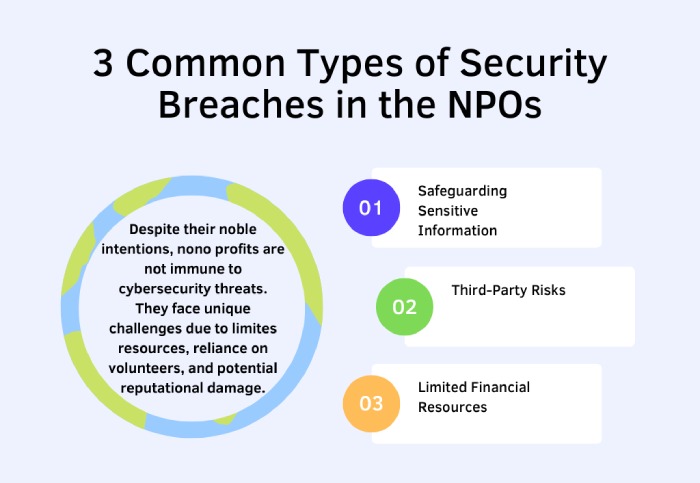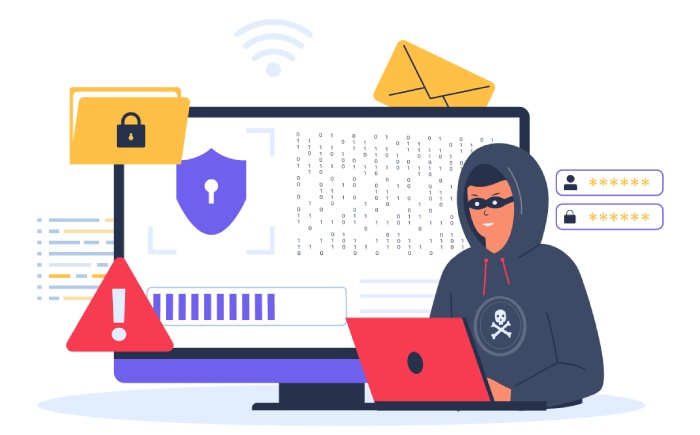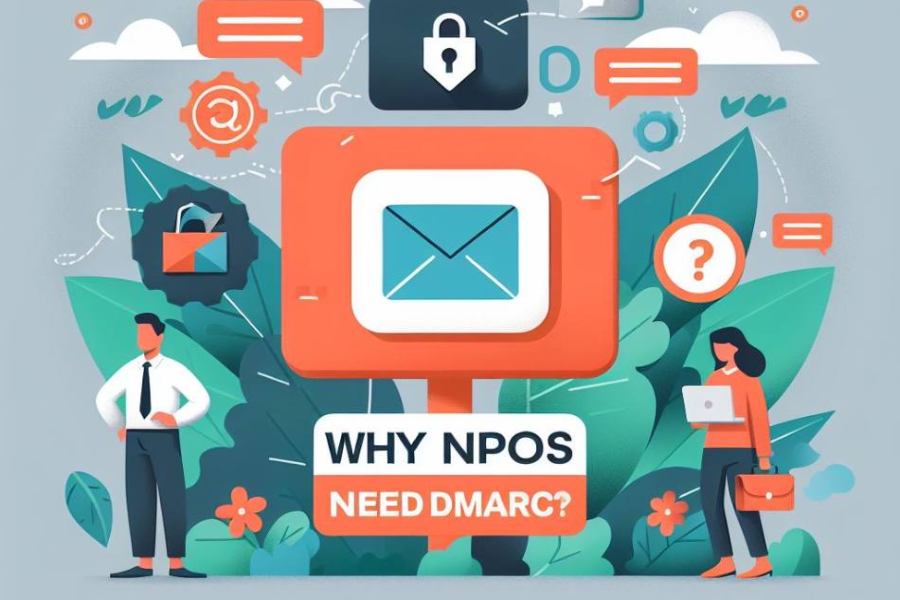Why Non-Profit Organizations Should Care to Deploy DMARC?
Did you know that only 1% of Non-profit organizations’ domains have the basic DMARC authentication protection in place? DMARC safeguards the reputation and goodwill of profitable and nonprofitable organizations by shielding their email-sending domains against spoofing and phishing attacks.
When a receiver’s mailbox filters an email sent from your domain and labels it as ‘potentially fraudulent,’ DMARC instructs it to either mark it as spam (so that the recipient becomes less likely to open it and get tricked) or reject its entry (so that there’s no possibility of the recipient opening it and getting victimized). You can choose the ‘none’ policy that instructs the recipient’s server to take no action against such messages, but that’s almost equal to having no DMARC in place.
Now, imagine the vulnerability of nonprofit domains that lack DMARC!

Let’s understand how DMARC adoption can protect the integrity and sensitive details of nonprofit organizations, their staff, and donors.
How DMARC is Beneficial for Nonprofit Organizations?
The Cyber Security Breaches Survey 2023 states that almost a quarter of UK-based charities have been victims of cyber breaches or attacks in 2023, which underlines the requirement of defenses like SPF, DKIM, and DMARC.
So, here are some reasons to drive NPO heads to think about DMARC:
Reputation and Goodwill
Years of respect go to waste with just one mistake. Phishing experts exploit domains of nonprofit organizations to draft and send genuine-looking fraudulent emails that seem to come from the official source.
Email Deliverability
Email deliverability is the ability of messages to land in the primary inboxes of recipients instead of spam folders. DMARC promotes the domain’s reputation, which consequently leads to an enhanced email delivery rate as recipients’ servers trust your sending source.
DMARC for nonprofit organizations increases the rate of openings and click-throughs, which creates more opportunities for fund-raising and spreading awareness programs.
Visibility into the Email Attack Surface
The attack surface of nonprofit organizations is mostly extensive as they don’t deploy high-tech security measures due to the limitation of resources. Deploying DMARC and assessing DMARC reports gives them transparency into email risks lurking around their system.
Timely awareness of vulnerabilities gives better control over the attack surface, allowing nonprofit organization domain owners to make necessary adjustments and place stricter policies.
Money Saving on Different Levels
By preventing phishing and spoofing attacks, nonprofit organizations stay away from legal penalties and settlements that could cost hundreds and thousands of dollars.
Protection of Donors
NPOs maintain a database of donors that includes their personal and sometimes financial details as well. The information helps hackers execute phishing and spoofing attacks without much effort.
Apart from phishing, they may also encrypt information and demand ransom in exchange for decryption keys. Even if you pay the ransom, there isn’t a guarantee that they won’t misuse the information.
What’s even worse is that you lose the trust of current and potential donors, impacting your NPO’s cash inflow.

Final Words
Email authentication, particularly through DMARC, is crucial for charity recipients of a nonprofit organization for several reasons.
In the realm of philanthropy, trust is paramount, and email communication plays a pivotal role in building and maintaining that trust. DMARC ensures that emails sent on behalf of the nonprofit organization are legitimate and not prone to phishing or spoofing attacks. By implementing DMARC, the organization can protect its donors and stakeholders from falling victim to fraudulent emails that may claim to represent the charity.
This not only safeguards the reputation of the nonprofit but also instills confidence among recipients, assuring them that any communication received is genuinely from the organization. Additionally, DMARC provides valuable insights through reporting mechanisms, allowing the nonprofit to monitor and analyze email activity, identify potential threats, and take proactive measures to enhance email security. In essence, DMARC serves as a powerful tool for nonprofit organizations to fortify their email ecosystem, bolster donor trust, and ultimately advance their philanthropic mission.







